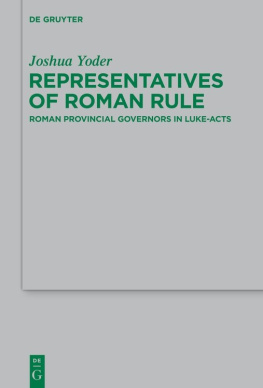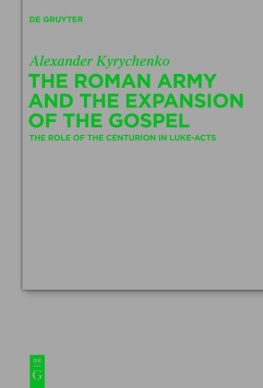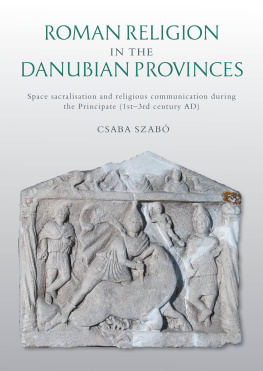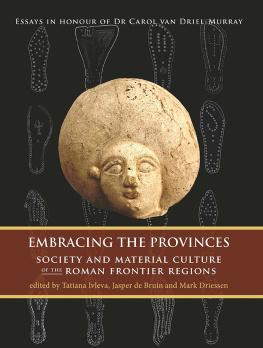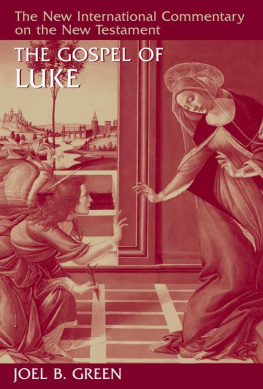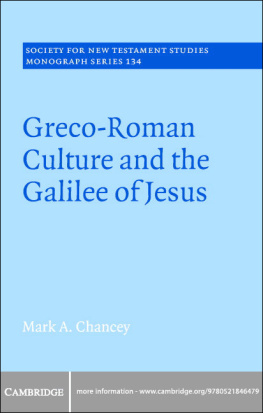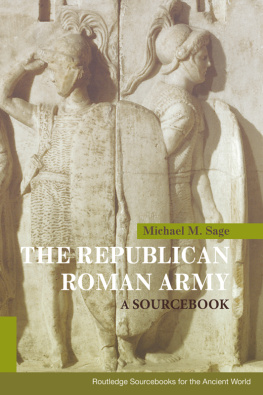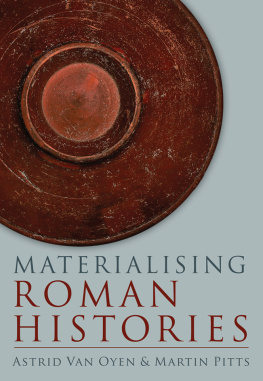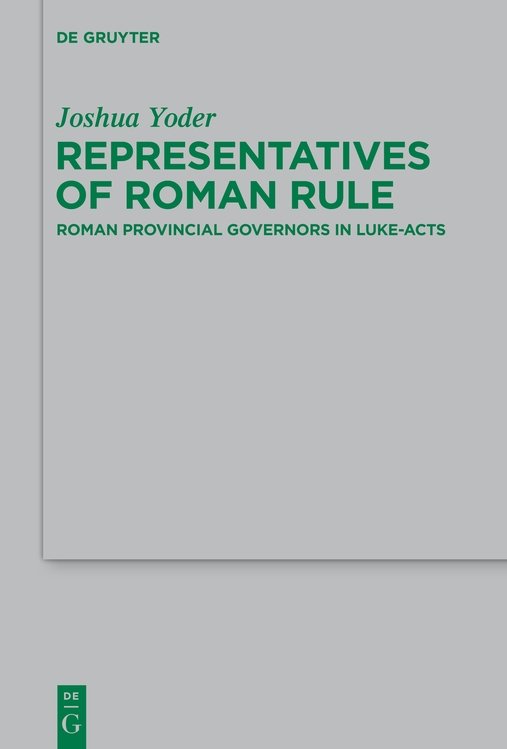Acknowledgments
All my life people, churches and institutions have supported my endeavors in ministry, mission work, and education. The training I have received and the work I have undertaken with their financial support and encouragement have made me who I am today. So if I acknowledge a few of these benefactors here, it is not merely because I owe them thanks for their assistance, but because I am grateful for the kind of life I have lived, despite its challenges and my unworthiness, and it is they who paved the way for me to walk.
My brothers and sisters at Hively Avenue Mennonite Church supported my education at Goshen College, my early inquiries into ministry and mission, and my work with Christian Peacemaker Teams. Friends at First Church of the Brethren, Chicago welcomed me and taught me. McCormick Theological Seminary underwrote my pastoral training, and members of its faculty encouraged my interest in academic biblical study; some have now become mentors. I owe these individuals and institutions a debt of gratitude not only for what they have given me, but more importantly for showing that they saw something in me worth nurturing.
My graduate studies at the University of Notre Dame were funded by a Vaw-ter Fellowship from the Catholic Biblical Association of America, with additional funds from the Department of Theology and from a series of grants for summer study provided by various donors. My dissertation director, Mary Rose DAngelo, blessed me with great patience, sound advice, a sympathetic ear, and gentle encouragement to get on with it at needed moments. She and the other members of my committee, David Aune, Blake Leyerle and Gregory Sterling, gave my work the benefit of careful reading, helpful feedback, and constructive questions. Greg Sterling has been indefatigable and indispensible in the preparation of this book for publication.
Along the way I have received much support from my family: my parents Elizabeth and Perry, my wife Rebecca and son Owen. It is to them, and to my extended family of brothers and sisters struggling for justice and peace throughout the world, that I dedicate this book.
Conclusions
This investigation of the representation of Roman governors in Luke-Acts was undertaken in the hope of clarifying the political perspective of its implied author and the political concerns it addresses. The attention to narrative rhetoric and the comparison of the style and substance of the characterization of governors in roughly contemporaneous narratives has contributed a variety of insights relevant to the study of Luke-Acts and to ancient literary politics. In what follows I will summarize the major conclusions of this study.
Tacitus, Philo and Josephus provide an avenue into conventional expectations by which governors were judged in the literature of the early empire. These include military prowess, diligence in their duties, prudence and concern for the basic welfare of the subjects, friendliness and approachability, impartiality as a judge, and resistance to the influence of favoritism or financial inducement. Competent management and administrative reforms were looked on with favor.
Regardless of the prevalence of corruption and favoritism both in practice and in the popular imagination, governors in narratives are expected to demonstrate complete innocence of such behavior. Corruption of any sort is harshly judged. Blameworthy governors are frequently hypocritical, seeking in various ways to conceal their misbehavior and malicious intentions. Governors elicit blame not only if perceived as corrupt, but also if perceived as either lax in their duties and weak in their authority or unduly harsh in punishing malefactors or dealing with civil unrest. A governor subjected to critique could be held guilty of all three faults, but need not be.
In various ways the narratives reflect awareness of the high reputation attached to service as a governor, and of the need for governors to command the obedience of their provincial subjects and the military personnel under their purview. Governors could be criticized not only for dishonesty or cruelty but also for inability or disinterest regarding the maintenance of discipline, order, and obedience.
With the exception of military prowess, these are the standards that are invoked in Lukes portraits of governors. Judicial impartiality and the possibility of corruption and/or favoritism are his main concerns, but he also touches on the issues of diligence and efficiency, active concern for subjects, friendliness and courtesy, cruelty and violence, and hypocrisy. Tertullus address and Pauls admonitions to Felix show that Luke is quite familiar with the themes common to rhetoric about governors.
Though Luke constructs his governors within this common set of expectations, he does not characterize them in a single mode: they vary in integrity from blameless to corrupt. The greater part of Lukes governors fall between these extremes, exhibiting both commendable and blameworthy behavior and characteristics. The most honorable governor is the least fully characterized. No governor serves as a model.
Luke rarely uses direct characterization in his portraits of governors; only at crucial moments does he open momentary windows into the governors thoughts, feelings and motivations. These windows often confirm the disreputable motives for the governors behavior, but sometimes reinforce their sincerity or dependability in responding favorably to Jesus and his followers. Luke uses the device of comparison in characterizing Felix and Festus. Lysias apparent concern for Pauls safety contrasts with Felixs willingness to keep him in custody indefinitely; Festus prompt attention to Pauls case immediately marks him as of a different quality than his predecessor.
The governors motivations and actions are not always consistent. This is not due to the authors interest in producing round characters so much as to his rhetorical interests. Most prominent among these is the need to acquit Jesus and Paul of any charges that might stand in a Roman court. Lukes governors serve his purpose by acting unjustly toward his heroes, thereby demonstrating that their condemnation or prolonged imprisonment at the hands of Roman officials was not due to their guilt. More importantly, they serve that need by demonstrating that regardless of their behavior they view the Christians as innocent. Pilate is both the most important and the best example. Like Pilate, Festus serves both as an example of unfair treatment and as a witness to Pauls innocence in Roman eyes. Felix primarily plays the former role, Gallio primarily the latter.
Lukes representation of the condemnation or imprisonment of Jesus and Paul as resulting from impropriety by provincial governors parallels defenses of provincial populations mounted by Philo and Josephus, designed to demonstrate that their punishment reflects maladministration on the part of their judge, not crime on the part of the accused. Lukes narratives reflect other rhetorical motifs visible in the first century as well. He draws a connection between improper behavior by governors and damage to Roman interests (Barabbas). In contrast, Paul is shown to be honorable and to support good governance. Indeed, through his criticism the inscribed author implies that he desires Romes attention to civil peace and judicial propriety.
Luke accepts that governors vary in quality and integrity. In other literature such variation is sometimes used to dissociate abusive governors from the emperor or the empire as a whole. It is possible that Pauls appeal at the end of the work functions in a similar way, suggesting the possibility of more impartial treatment from the emperor in order to balance the critical view of the individual governors in the narrative.

